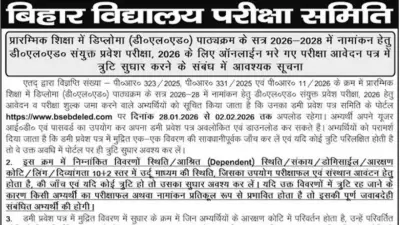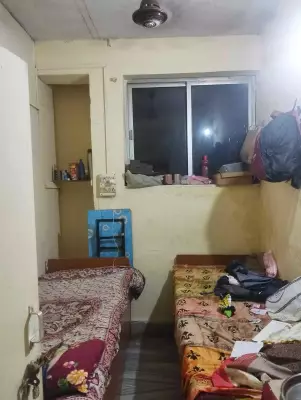
In a significant development for Karnataka's education sector, Legislative Council Chairman Basavaraj Horatti has taken a firm stand against proposals to reduce passing marks for secondary school examinations. The veteran educator and politician has voiced strong concerns about maintaining academic standards in the state.
The Controversial Proposal
Recent discussions within educational circles have suggested lowering the minimum passing percentage for both SSLC (Secondary School Leaving Certificate) and II PU (Pre-University) examinations. Proponents argue this move could help reduce student stress and improve overall pass rates.
Horatti's Strong Opposition
However, Chairman Horatti remains unequivocally opposed to such measures. "Reducing pass marks would be a grave mistake that compromises educational quality," he asserted during recent legislative discussions. Having served as an education minister himself, Horatti brings considerable experience to the debate.
Key Arguments Against Lowering Standards
- Compromised Quality: Lowering benchmarks would degrade the value of Karnataka's educational certificates
- Future Consequences: Students might struggle in competitive environments and higher education
- Long-term Impact: Could affect employability and professional development
- Global Competitiveness: Might reduce Karnataka students' ability to compete internationally
The Bigger Picture: Education Quality in Karnataka
This debate comes at a crucial time when Karnataka is working to enhance its education system. The state has been implementing various reforms to improve learning outcomes and infrastructure. Horatti's position emphasizes that true improvement comes from enhancing teaching quality and student support systems, not by lowering examination standards.
Stakeholder Reactions
While some educators and parents support maintaining current standards, others believe the education system needs to be more flexible, especially considering the challenges students face post-pandemic. The discussion has sparked widespread debate among:
- Educational experts and administrators
- Parents and student organizations
- Policy makers and political representatives
- Industry leaders concerned about workforce quality
What's Next for Karnataka Education?
As the debate continues, all eyes are on the state government's next move. Horatti's strong stance as Council Chairman carries significant weight in policy discussions. The outcome of this debate could shape Karnataka's educational trajectory for years to come.
The fundamental question remains: Should educational systems adapt by lowering standards, or should they focus on helping students meet existing benchmarks through better support and resources? For now, Horatti's position is clear - quality education cannot be compromised for short-term gains.





